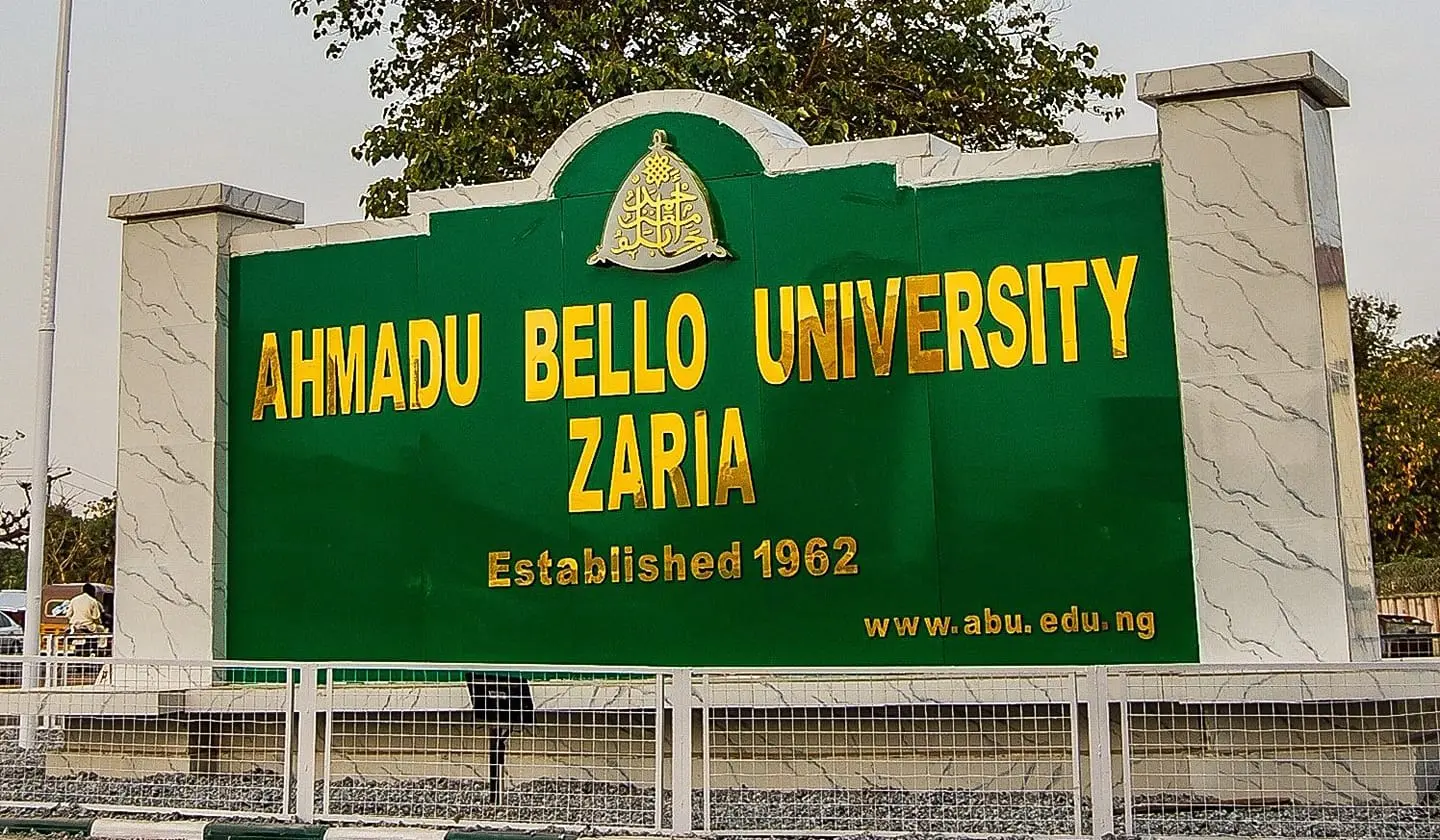Ahmadu Bello University (ABU) Zaria has secured a €5 million grant from the European Union’s Horizon Europe EDCTP3 programme to develop an AI-powered microscope that diagnoses parasitic diseases. The project called MultiplexAI targets malaria, African trypanosomiasis, leishmaniasis, and filariasis detection in remote African communities.
This funding puts ABU among just four universities selected from 240 applications under the “Innovative Digital Health Solutions for Sub-Saharan Africa” call. The project makes ABU the first Nigerian institution to host a digital health initiative under the Horizon Europe framework.
Dr. Gloria Chechet Leads MultiplexAI Development
Dr. Gloria Dada Chechet, a biochemistry professor and molecular parasitologist at ABU, will lead the MultiplexAI project. She works at the university’s Africa Centre of Excellence for Neglected Tropical Diseases and Forensic Biotechnology.
Dr. Chechet has earned multiple international fellowships for her work in global health and women in science. Her research focuses on molecular parasitology and African trypanosomiasis diagnosis. The scientist has published extensively on trypanosomes in cattle and therapeutic treatments for parasitic infections.

AI Microscope Uses Smartphone Technology for Remote Diagnosis
The AI-powered diagnostic tool combines a microscope, smartphone, and dedicated mobile app. Community health workers can use this system to detect multiple parasitic infections without sending samples to centralized laboratories.
Current diagnostic methods for parasitic diseases face significant challenges in rural areas. Traditional microscopy requires trained technicians and proper laboratory facilities. Many remote communities lack these resources, leading to delayed or missed diagnoses.
Research shows that AI-powered microscopy can achieve over 97% accuracy in detecting parasitic infections. The technology analyzes microscopic images using deep learning algorithms to identify different parasite species automatically.
Target Diseases Affect Millions Across Africa
The MultiplexAI project focuses on four major parasitic diseases that burden African populations:
Malaria remains the leading cause of death from parasitic infections in Africa. The disease affects over 200 million people annually across sub-Saharan Africa. Quick diagnosis helps reduce mortality rates and prevents disease spread.
African trypanosomiasis (sleeping sickness) threatens populations in remote rural areas with limited health services. The disease requires early detection to prevent progression to advanced stages that affect the central nervous system.
Leishmaniasis can be an opportunistic infection in people with HIV/AIDS. Coinfections complicate treatment and increase mortality rates in affected communities.
Filariasis causes disability and social stigma through lymphatic complications. Early detection prevents progression to chronic conditions that affect quality of life.
Nigeria’s Digital Health Transformation Gets Major Boost
The MultiplexAI project aligns with Nigeria’s broader digital health transformation agenda. The Federal Government has set a target to achieve 80% digitalization of government operations by the end of 2025.
Nigeria launched the Digital in Health Initiative (NDHI) to transform healthcare delivery through digital technology. The initiative focuses on real-time monitoring of disease outbreaks and improved healthcare financing systems.
The AI microscope project could significantly improve health outcomes in areas where conventional diagnostics are limited or unavailable. Remote communities often lack access to laboratory facilities and trained medical personnel.
EU Increases Investment in African Medical Research
The Horizon Europe programme has allocated €500.5 million for Africa Initiative III research funding. This represents a major increase in EU investment in African medical research and innovation.
The Global Health EDCTP3 Joint Undertaking runs from 2021 to 2031 with a €2 billion budget target. The partnership has already invested €19 million in neglected infectious diseases research since 2022.
African universities have received €128 million in direct EU funding under current programmes. This funding supports 144 grants across various medical research projects.
AI Technology Transforms Medical Diagnosis in Rural Settings
Smartphone-based diagnostic tools with AI capabilities could save millions of lives in rural Africa. These systems make advanced medical diagnosis accessible in areas with limited healthcare infrastructure.
Recent studies show that AI-enabled microscopy can accurately identify parasites by analyzing microscopic images. This capability proves particularly valuable in settings where experienced microscopists are scarce.
The technology costs significantly less than traditional laboratory equipment while providing comparable diagnostic accuracy. Community health workers can operate these systems with minimal training.
Project Creates New Benchmark for Digital Health Innovation
ABU described the MultiplexAI project as setting a “new benchmark for digital health innovation on the continent.” The initiative boosts the university’s global visibility and positions it among leaders in AI-driven health research.
The project represents a major step forward in combating neglected tropical diseases through low-cost, scalable technology. Success could lead to wider deployment across other African countries facing similar health challenges.
With EU funding and Dr. Chechet’s scientific leadership, the MultiplexAI project addresses critical gaps in parasitic disease diagnosis. The initiative demonstrates how AI technology can bridge healthcare access gaps in underserved communities.














